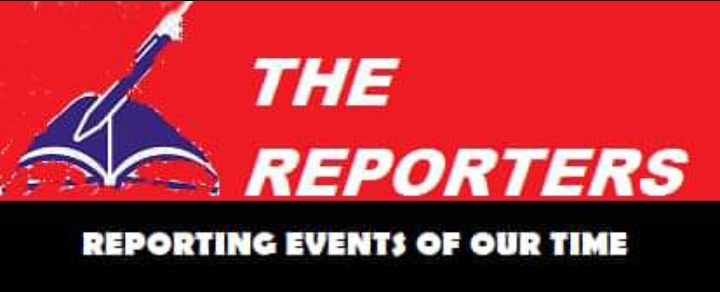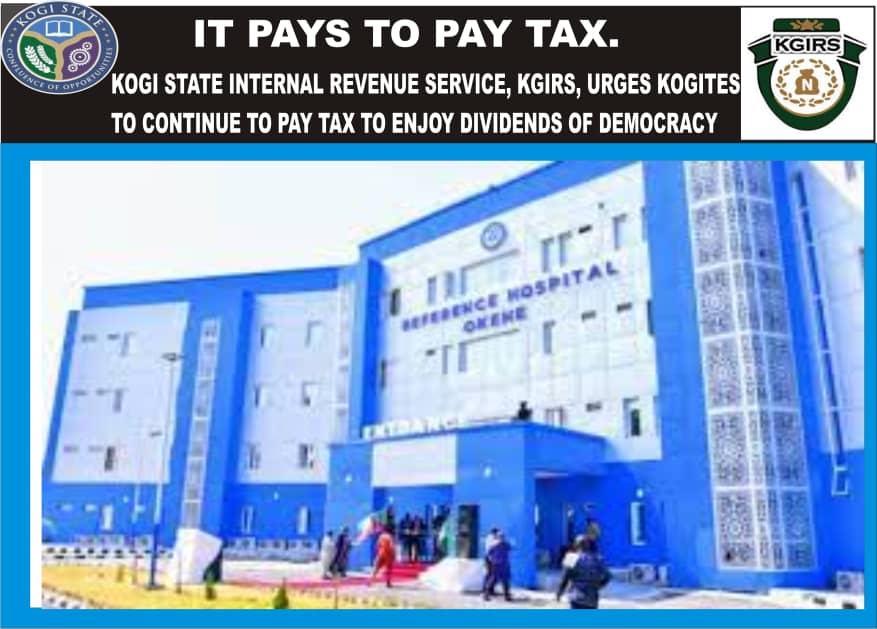
Photo credit: Vanguard News.
By Correspondent in Lokoja.
Residents of Lokoja, kogi state capital, have sent passionate appeal to the federal government to arrest the current fuel scarcity in the state and the country at large, to arrest its telling effects on social and economic life of masses.
The residents,who made the appeal in separate interview with our Correspondent in Lokoja, described the bitter experience they are passing through, sequel to the fuel scarcity, as unprecedented in all ramifications of their existence.
“I can’t imagine a situation whereby I buy a litre of fuel for N300, instead of the official pump price of N179 and feelers reveal that the price of fuel may further rise any moment from now,” a tricycle operator, Isaac Momoh, told The Reporters at the new market in Lokoja on Tuesday.
His colleague, Mohammed Ndanusa, said with the increase in the unofficial price of fuel in the state state, he had no option than increase his fare to be able to brake even,if not profit.
“I bought this Kekenapep at a cost of N1.7 million on a higher purchase and I am expected to be paying the loan every week at the rate of N10,000 as part the agreement I reached with the person who gave it to me.
“I am even concerned on how to meet up with my weekly payment, in view of the high cost of fuelling the Kekenapep,”he lamented.
Our Correspondent, who visited many feeling stations on Tuesday, reports that very few of such stations had fuel for sale to the public.
Our Correspondent reports that Commercial motorcycle operators, popularly called “Okada riders”, seem worse in the cut-throat transport fare they charge sequel to the astronomical hike in fuel pump price.
For instance, most Kekenapep operators have cancelled N50, being fare they hitherto charged for the shortest trip before the scarcity of fuel, as they now charge as high as N100,per trip and as higher as N400, depending on distance within the state capital.
The Reporters market check also revealed that the increase in fuel pump price, which went for as high as N250 and N400 per litre at the black market as at Tuesday in Lokoja has heightened the prices of virtually all food items by between 40 percent and above, depending on the quality of items concerned and the bagging power of buyers and sellers.
As a result of the problem, investigation by our Correspondent revealed that many residents now trek embark trekable distances on foot in meeting up with their daily activities while others are said to have suspended not too much import visits that would bdemanded commercial transportation.
Private motorists,who cannot afford the high price of fuel have parked their cars, waiting for when the pump price of fuel will come down, among other preventive measures to survive the the hike.
However, opinions differ as to the actual cost of the scarcity of fuel in the country.
The Reporters recalls that the Federal Government, two weeks ago, attributed the current petrol scarcity to flooded roads in Lokoja, Kogi State, a major transit route for tankers bringing products into Abuja.
However, the Independent Petroleum Marketers Association of Nigeria (IPMAN), Western Zone,attributed the increase in the pump price of Premium Motor Spirit to the hike in private depot prices.
Dele Tajudeen, Chairman, IPMAN Western Zone, disclosed this in an interview with the News Agency of Nigeria (NAN) on Tuesday in Lagos.
Tajudeen, while condemning the increase, disclosed that there had been an increase in depot price of fuel from N148.17 per litre to N178 per litre since last week.
According to him, none of the Nigerian National Petroleum Company Ltd. (NNPC) depots had products,a development he noted made the private depots to take advantage of the situation to hike the price.
He said:”We are totally against the increase because it will affect our profit margins and the masses.”
“The only option for our members is to opt for private depots, to keep our business moving.
“Some private depots who have the products deliberately refused to sell for reasons best known to them”.
The IPMAN chairman said the marketers should not be blamed for the increase in pump price, adding that “selling at N170 per litre is not realistic”.
He added: “Therefore, our members have no other option than to sell between N195 and N200 per litre within Lagos, Ogun and Oyo states, while we will sell between N200 and N210 in Kwara, Ondo, Osun and Ekiti states.
“Most of the tank farm owners have justified this increase because of different charges, among which is vessel charges, paid in dollars”.
He called on the management of the Nigerian National Petroleum Company Ltd. (NNPC) and the Nigerian Midstream and Downstream Petroleum Regulatory Authority (NMDPRA) to investigate the arbitrary increase in fuel price by the private depot owners.
However, a top official of the Depot and Petroleum Marketers Association of Nigeria (DAPMAN), who preferred to be anonymous, told NAN that the scarcity was as a result of a shortfall in product allocation from the NNPC.
The source alleged that DAPPMA had some performance invoices with the Petroleum Products Marketing Company (PPMC) which were still awaiting cargoes to get supplied.
According to the source, a large portion of product allocation was given to the Major Oil Marketers Association of Nigeria (MOMAN),because it is believed that they have a large reach of retail outlets.
“We have so many invoices before NNPC that have not been allocated.
“Ex-depot price has been between N162 and N163 per litre for marketers within Lagos and its environs, while between N164 and 165 for marketers outside Lagos like Calabar, Port Harcourt, Owerri and so on.
“Some foreign vessels that came into the country refused to discharge due to financial challenges.
“The shortfall in product can best be explained by NNPC and its agencies,” he said.
But the Nigerian Midstream and Downstream Petroleum Regulatory Authority, NMDPRA disclosed that it had increased the number of fuel trucks into Abuja to 180 per day in its bid to end the queues.
Edited by Dada Ahmed.



